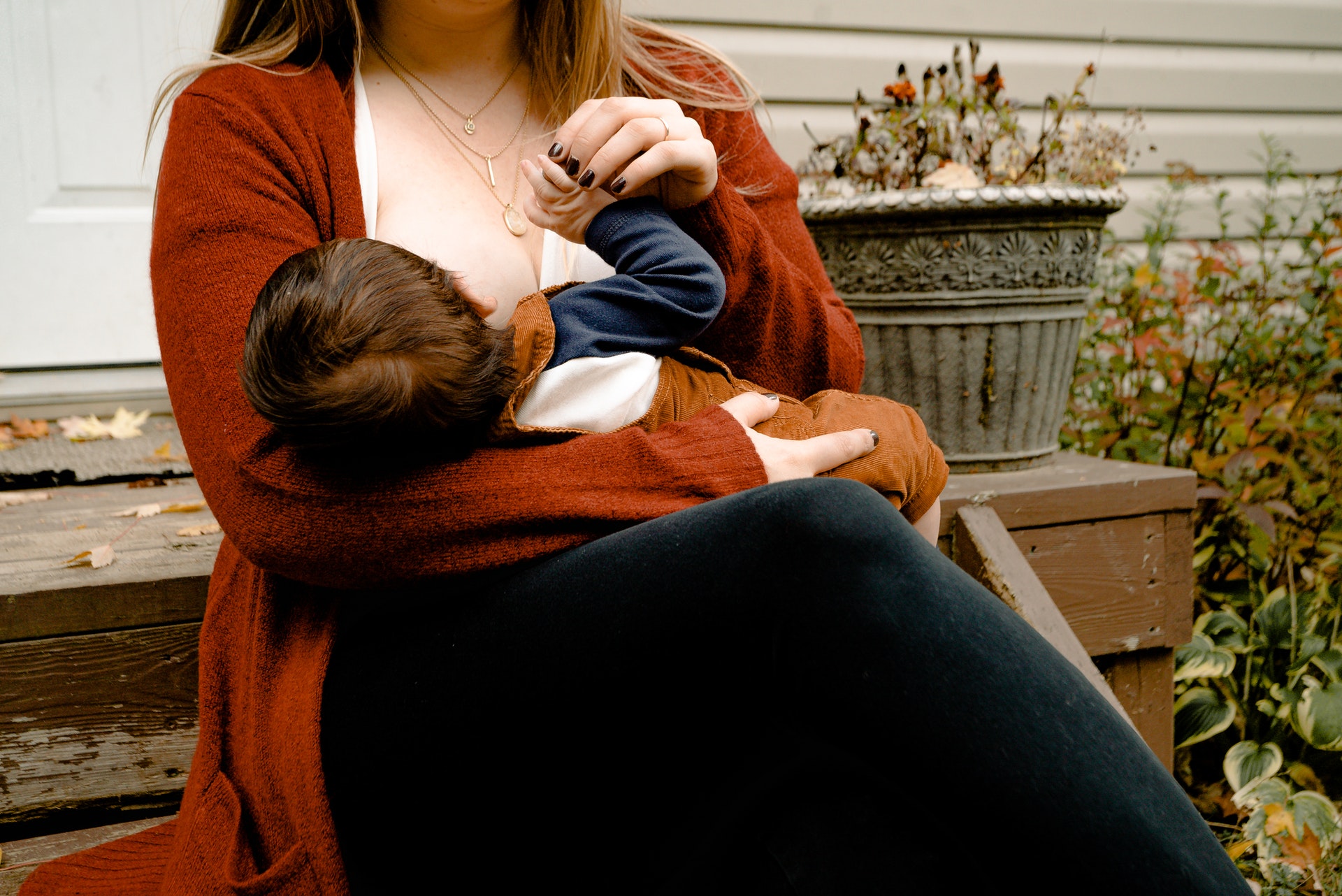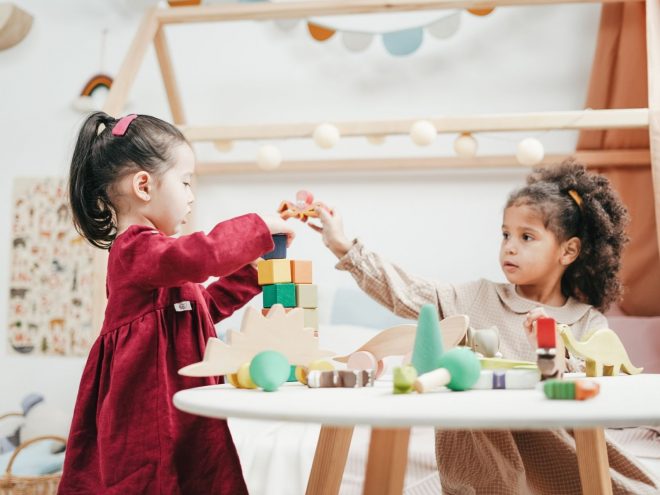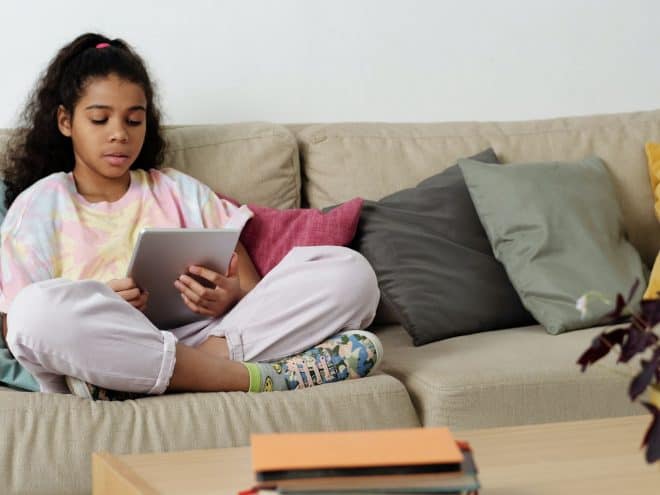You snuggle up to your kiddo in a soothing blanket burrito at the end of a long day, and that feels natural for your family. In fact, you’ve co-slept with your toddler for a while now and wonder if continuing this sleeping pattern will prove harmful for your little one down the road — at least that’s what some know-it-alls say. Society stigmatizes do-sleeping almost as badly as extended breastfeeding, but there are many reasons families decide to co-sleep with their kids. Some families believe co-sleeping is a more natural and healthy strategy than letting your kid wail and feel alone in the dark in an unfamiliar bed. Co-sleeping makes nighttime feedings a breeze, too, compared to the nightmare of waking up like a zombie to feed your child. Co-sleeping effects on families differ from frustrations with sharing the bed to more positive experiences. Researchers have found positive effects from co-sleeping for toddler health, but interestingly, some research reasons co-sleeping with toddlers may negatively impact maternal health.
What Is the Practice of Co-Sleeping?
When a caregiver shares the sleeping surface for part or all the night, that defines the practice of co-sleeping. The whole family may share the same bed, or one parent may sleep with the child while the other takes the couch or guest bed. The toddler may try to sleep in their bed at first, but sneaks into their parents’ bed and sticks with this routine. Different types of co-sleeping exist, but it comes down to the occupation of a sleeping surface by both parent and child, even if it’s not all night. Many co-sleeping families start the practice during the infant years with the child, which is why there is a body of research focusing on the impacts of co-sleeping on infants’ health. The American Academy of Pediatrics (AAP) recommends against any form of co-sleeping during the child’s first year. Interestingly, the AAP doesn’t have a specific set of sleeping guidelines for toddlers beyond the first year, mainly because the risk of SIDS drops.
So, How Does Co-Sleeping Affect Maternal Health?
An unprecedented 2017 study looked specifically at co-sleeping effects on the mother’s mental health. The researcher described how children’s sleep issues link with parental lack of sleep, and the population most affected are mothers. Since prior research suggested this connection, researchers wanted to look specifically at the issue among co-sleeping families with toddlers. The study studied toddler age groups ranging from 12 to 32 months of low-income families from WIC pediatric clinics and offices. The mothers completed questionnaires about their sleep and mental health symptoms and about their toddlers’ sleep. When mothers noted sleeping issues in their toddlers, they also reported their own sleep interruptions. On average, mothers experienced 51 minutes of no sleep when their toddlers had sleeping issues and even more disruptions when they co-slept with their toddlers — along with mental health symptoms. Mothers who didn’t co-sleep with their toddlers experienced fewer mental health symptoms. Moms who perceived sleep issues in their toddlers proved more likely to try co-sleeping to help their children sleep through the night. However, the researchers didn’t observe if this was effective, but the study suggests that mothers who don’t co-sleep by choice get their sleep and mental health disrupted without positive effects for their toddlers.
Why Co-Sleep Then?
If co-sleeping messes with a mother’s mental health and quality of sleep, why do it? The study answered that question, too. Moms want to do what’s in their power to impact better sleep quality for their kids. Lack of sleeping areas, cultural beliefs and traditions and living situations all contribute to reasons for co-sleeping. Some family members may work long shifts at night, and co-sleeping provides the opportunity to bond, whereas too much sleep training may harm the parent-child relationship. Co-sleeping helps with breast milk production and makes it easier for the child to nurse. Other families feel at a loss and go with the flow to soothe their child and hope it will get better. So, co-sleeping has pros and cons for all families.
Encouraging Sleep Independence in Your Toddler
Kids sleep more in the first two years of life than any other time in their lives, and sleep makes up 40 percent of their day. Want to encourage sleep independence in your toddler? Connect with your child’s pediatrician to form a sleep plan, and a sleep coach may also offer other strategies to help your toddler sleep well on their own. Just one or two sessions with a sleep coach can add powerful information to your child’s sleep plan. Include more family or a close family friend into the mix to help break the cycle of exhaustion. When everyone feels cranky, no one sleeps well. A grandparent or cousin can lend a hand as all settle in for a new nightly routine, such as putting them to bed or introducing a new bedtime ritual. The third person can be available to help return the toddler to bed and soothe or not soothe, per the details of the sleep plan. While experts don’t recommend co-sleeping during infancy, the practice can prove healthy for both mother and child if it works for the family. Mothers particularly face challenges to their sleep and mental health when they worry about their child’s insufficient sleep and regularly co-sleep with their toddler. In the past, experts have linked disrupted patterns of sleep with negative health in children, but quality sleep matters for everyone in the family. It impacts your mental and physical health. Talk to your pediatrician if you want to develop a better sleep plan for your child.





